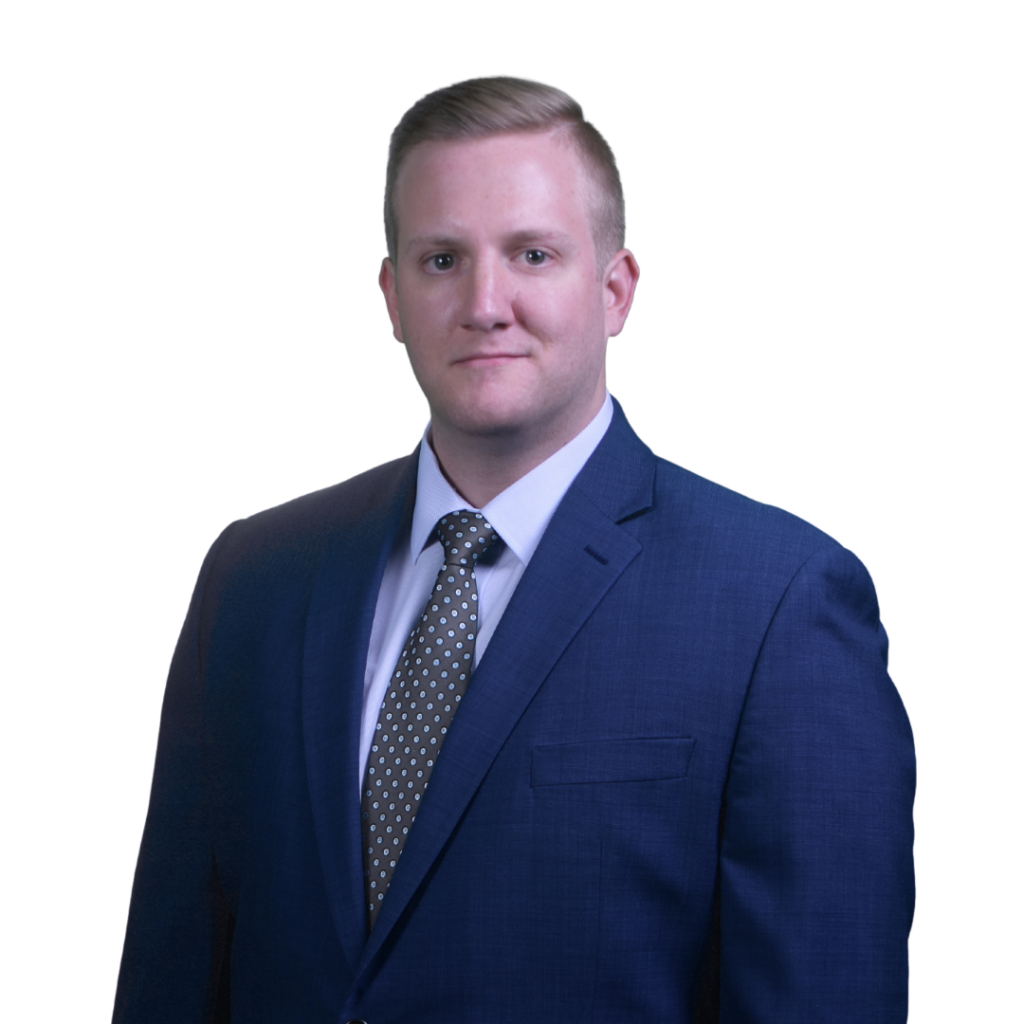Due to the COVID-19 pandemic, many small and mid-sized manufacturers expect to have significant net operating losses (NOLs) in 2020.
The Coronavirus Aid, Relief and Economic Security (CARES) Act provides some relief. It has revamped the NOL rules, undoing some of the effects of the Tax Cuts and Jobs Act (TCJA) passed in 2017. This means your company may be in line for a refund if you amend previous tax returns. It’s essential to consult recently released IRS guidance that covers some of the mechanics of requesting a refund — and talk with your tax advisor — before filing an amended return.
Pre-TCJA Rules
Before passage of the TCJA, manufacturers could carry back NOLs to offset taxable income in two prior years before they carried forward losses to offset income in a maximum of 20 future years. Typically, carrybacks were beneficial because they provided an immediate tax relief by way of a refund. Alternatively, companies could also elect to forego a carryback and use a carryforward if it was more advantageous.
How these rules applied depended on the structure of the business. For example, an NOL claimed by a C corporation might only be used to offset its business income. But sole proprietors and owners of pass-through entities (such as partnerships and S corporations) could use an NOL to reap tax rewards on their personal returns.
Dramatic Changes
The TCJA changed the rules. It imposed the following restrictions on NOLs arising in tax years after 2017:
Two-year carryback period. This period was repealed (except for certain farms and insurance companies). Therefore, manufacturers could only carry NOLs forward — not back for any period. However, the allowable carryforward was changed to indefinite, rather than being limited to 20 years.
Percentage of taxable income. The TCJA limited NOLs to 80% of a company’s taxable income (as determined without claiming the NOL).
Noncorporate taxpayers. Losses of noncorporate taxpayers (such as individuals, estates and trusts) that might have been used to offset nonbusiness income were limited to $250,000 for single filers and $500,000 for joint filers. For S corporation owners and partners in partnerships, these limits were accounted for at the individual level. The At-risk basis and passive activity loss limitations are applied before applying the excess business loss limitations under IRC 461(l).
The TCJA changes were effective in 2018 and intended to be permanent. Thus, they restricted the tax benefits of NOLs claimed by manufacturing businesses in 2018 and 2019.
CARES Act to the Rescue
Enacted in response to the COVID-19 crisis, the CARES Act grants companies more flexibility for NOLs, starting with carryback periods. Companies now can carry back NOLs arising in 2018, 2019 or 2020 for five years to offset losses incurred in prior years. So, if it makes tax sense, your company can carry back NOLs all the way to 2013.
Other CARES Act changes:
- Suspend the 80%-of-taxable income limit until 2021,
- Suspend the threshold for noncorporate taxpayers for 2018, 2019 and 2020 (limits won’t kick in until 2021), and
- Retains the carryforward period of indefinitely
- International considerations such as freeing up foreign tax credits and allowable section 250 deduction against FDII and GILTI income
The IRS guidance for CARES Act provisions for NOLs can help taxpayers navigate the intricacies of claiming losses. In conjunction with a publicly released notice, the IRS website provides answers to frequently asked questions.
For example, the guidance clarifies how to apply for a tentative refund based on the NOL carryback. Taxpayers generally must file Form 1139 or Form 1045 within 12 months after the end of the tax year in which an NOL arises.
No DIY
Due to the complex rules, carrying back NOLs and amending previous tax returns generally aren’t do-it-yourself propositions. Contact Ryan Redleski, Ross Walker, or your VonLehman tax advisor for help maximizing the tax advantages of NOLs under the current rules.



